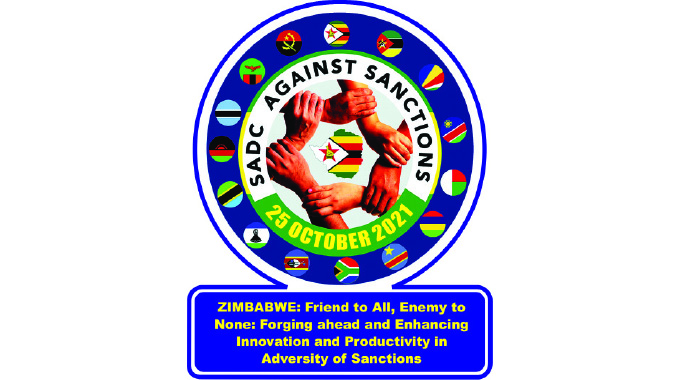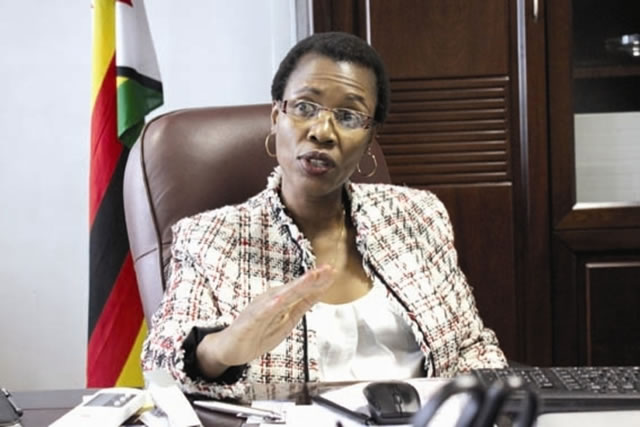Editorial Comment: Arrogant lobbyists do not speak for the people

Civic society organisations cover a vast range of topics and needs and as a consequence there are a large number of them, that tend on the whole to enrich our society and provide a focus for effective lobbying and action.
Many tend, by their very nature, to be single issue groups, active over one particular issue or one particular sector and set up to lobby others, in effect small minorities that are attempting to build support for changes.
So, for example, we have campaigners against wetland development who did so much to stop some of the worst wetland destruction for the short-term profit of a few developers seeing large profits, managed to help build support and educate the rest of us about the advantages of retaining wetlands, and in the end managed to get a fair amount of their ideas adopted into law and regulation. The cultural shift from “draining a swamp” to “destroying a wetland”, phrases describing the same action but with quite different connotations, has been immense.
A vast array of civic society organisations are active in the area of not just supporting people living with disabilities, by ensuring that they can exercise their rights to training and the technology they need, but also in helping the rest of us understand what is needed and how we can help, everything from decent architecture to judging people as to what they can do rather than how they are labelled.
Then there are all those that are representative bodies, trade unions, business organisations and the like. These are not set up by law, so are civic society organisations, and yet they make the wheels turn and provide the critical way for voices to be heard.
Most of these organisations, representative and lobbyists, are locally funded, either through people covering their own expenses as they campaign or through accepting donations from well-wishers.
Others have foreign funding, and again this is often an advantage. One modest example is the campaign by Rotary International against polio running for many years, which sees support from clubs in countries where the disease is eradicated to countries where it is not.
Sometimes this external help is informal, from individual donors. Sometimes it comes from similar societies in other countries. Sometimes it comes from governments or from political pressure groups in other countries.
So banning civic society organisations, or trying to overcontrol them, or barring them from accepting external support are not sensible items on our agenda.
But that said, we need information.
This week, a group of such organisations loosely affiliated under the Zimbabwe Human Rights NGO Forum are lobbying the UN Special Rapporteur as a pressure group wanting the full range of financial and other sanctions against Zimbabwe retained.
Well, Zimbabweans have a constitutional right to lobby for sanctions if they really want to, but it would be useful to know who is doing the lobbying, who they represent and who funds them.
Most of these “human rights” groups are very small, sometimes fitting into a single office. Leadership is often self-appointed, membership lists are scarce and no one really pretends that they were elected at a meeting that never took place. In other words they represent no one and are pure lobby groups.
Setting up a civic organisation is not difficult, and although there are regulations these largely concern the keeping of proper accounts and notifying any changes of address.
Most of the time this does not matter. When they lobby they are lobbying for an idea and trying to get this accepted by the larger population. One person can do that.
Where the danger comes is when an activist or a lobbyist claims to speak for the wider population. In other words pretending they can say what a large group of Zimbabweans think and that they have some sort of right to be the voice of that group.
They can speak for themselves, of course, but they cannot speak for others unless they can produce membership rolls, minutes of the annual meeting that saw them elected and the other elements of a representative organisation. We would then know how many people they represented and can, quite legitimately, speak for.
We suspect in this case we are talking about very small numbers indeed. The plethora of organisations comes about from the constant splitting and re-splitting, or the desire by so many to be able to record that they are the chairman of an activist group.
The second thing that we need to know is who provides the finance. Usually the person who pays the piper can call a tune. If the money comes from the membership fees of members, obviously that organisation is really strong, and it would be useful to know that.
But if it comes from a grant paid by a foreign foundation well-known for pursuing a particular set of interests and ideologies, it would be useful to know that too.
So on the sanctions we have representative organisations, such as the business groups, who live off membership dues, who elect their officers and who have long membership lists.
These oppose sanctions although a large swathe of their membership, possibly a majority if urban voting figures in the last election reflect their members political views, did not vote for the Government last time round.
The human rights forum tends to group non-representative bodies, that is lobbying groups or even individuals.
And most get funding from outside the country, although they dislike making this clear or going into detail. Independent funding, money given rather than earned, is fine and legal, but it does mean that when you deal with issues and make calls to damage the economy you will not be affected.
This is what makes the forum so dubious, because it tries to say it speaks for the people, yet cannot list the combined membership of its constituent groups, and cannot saw how the components are funded. If they want to lobby for sanctions, so what.
They speak for themselves and others do not have to agree. But when they claim to speak for the people of Zimbabwe, we need to object, strongly, because they do not represent us, since we never voted for them, and we do not pay their bills or cover their salaries.
Not only are they confusing lobbyists with representatives, but they have the arrogance to state and assume that what they think on every issue is what the people of Zimbabwe think on those issues.











Comments